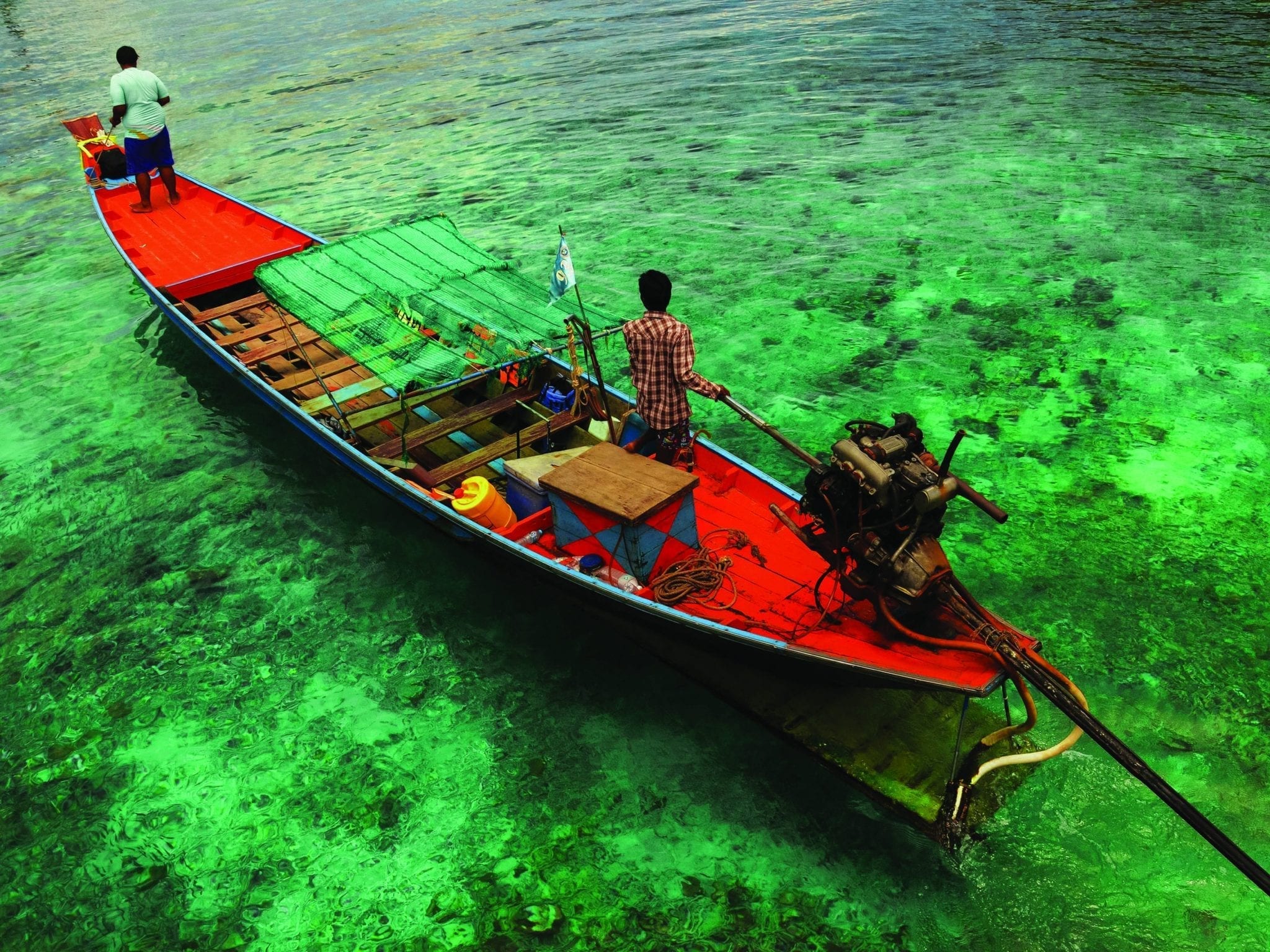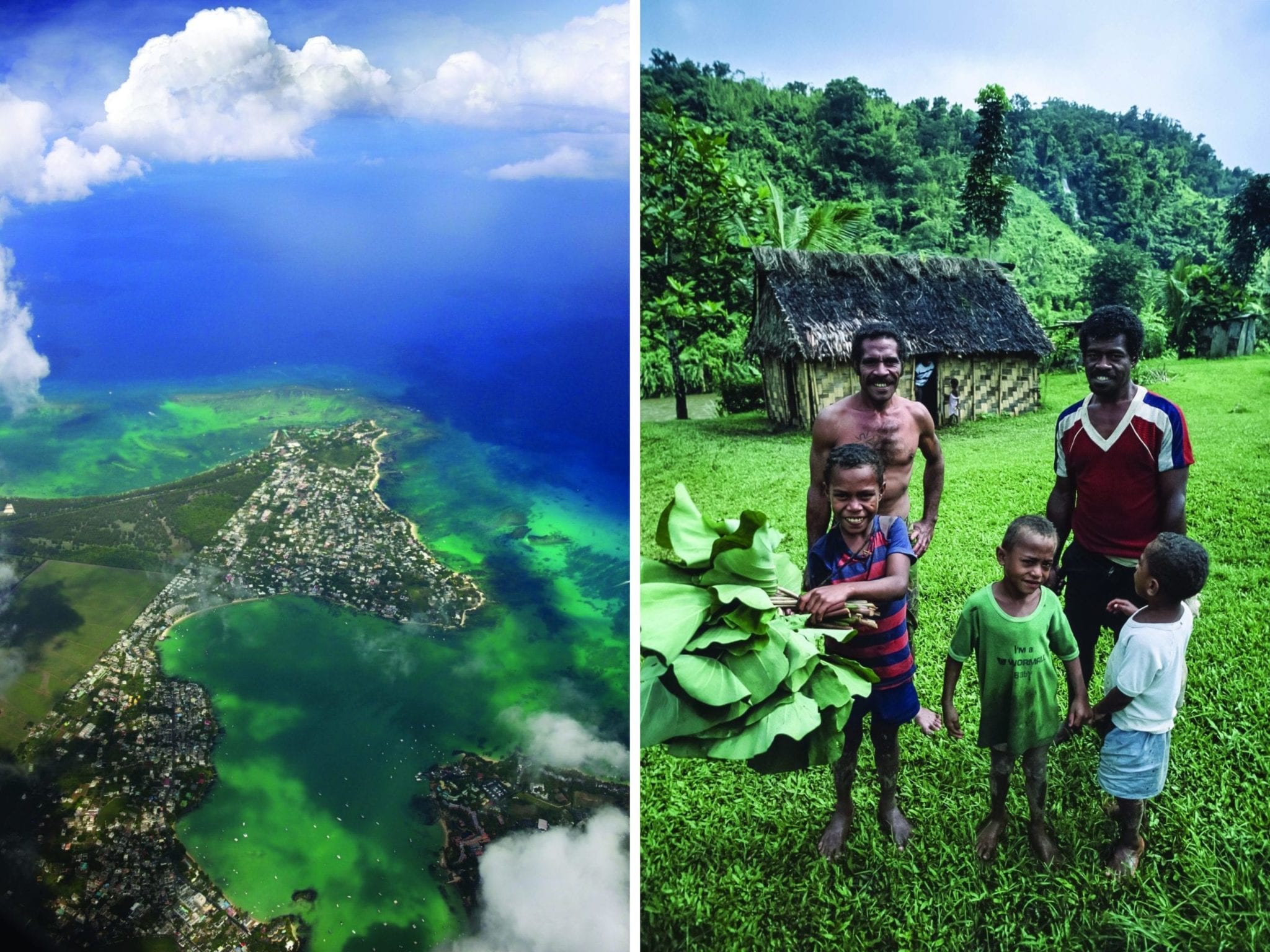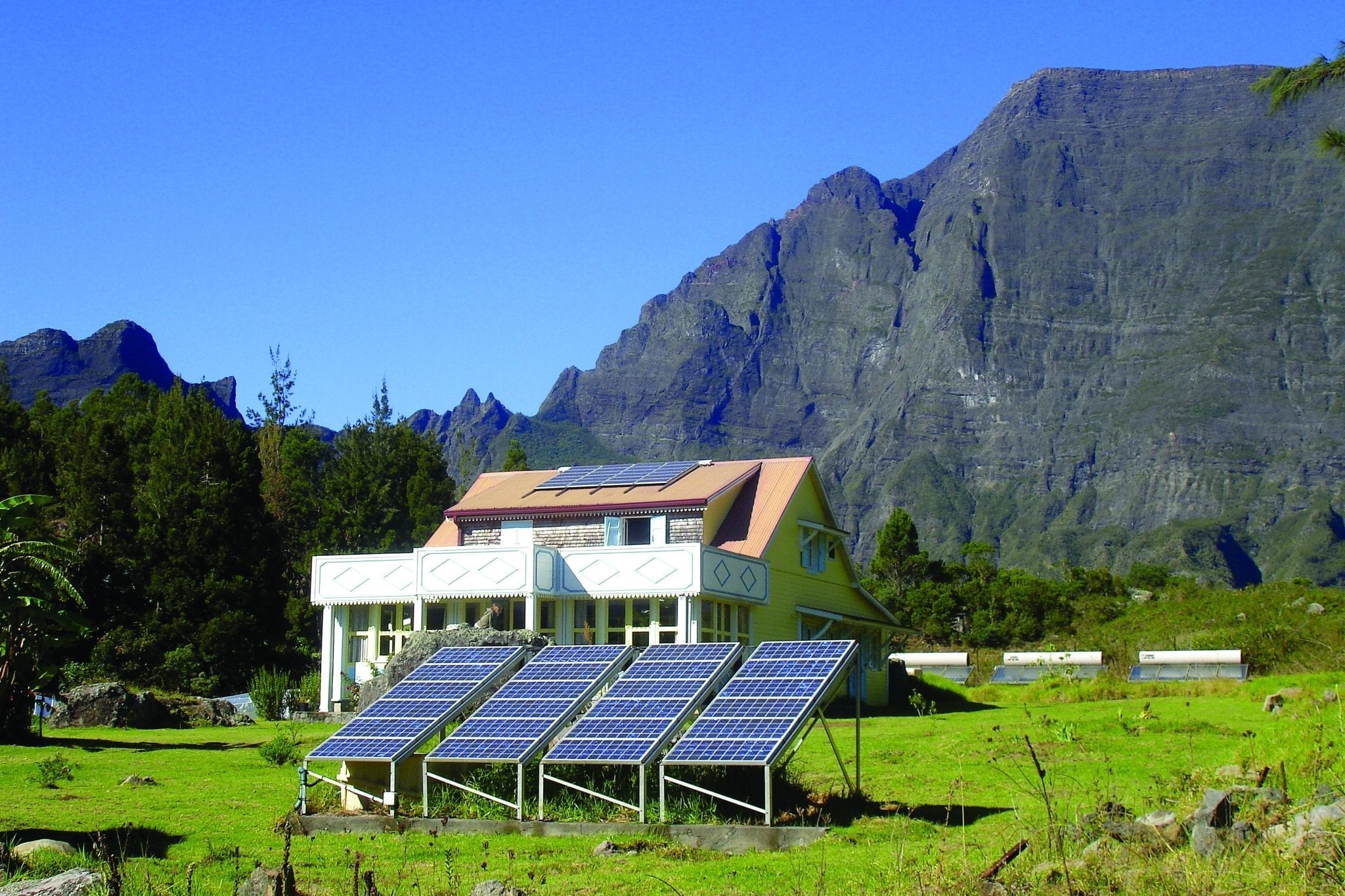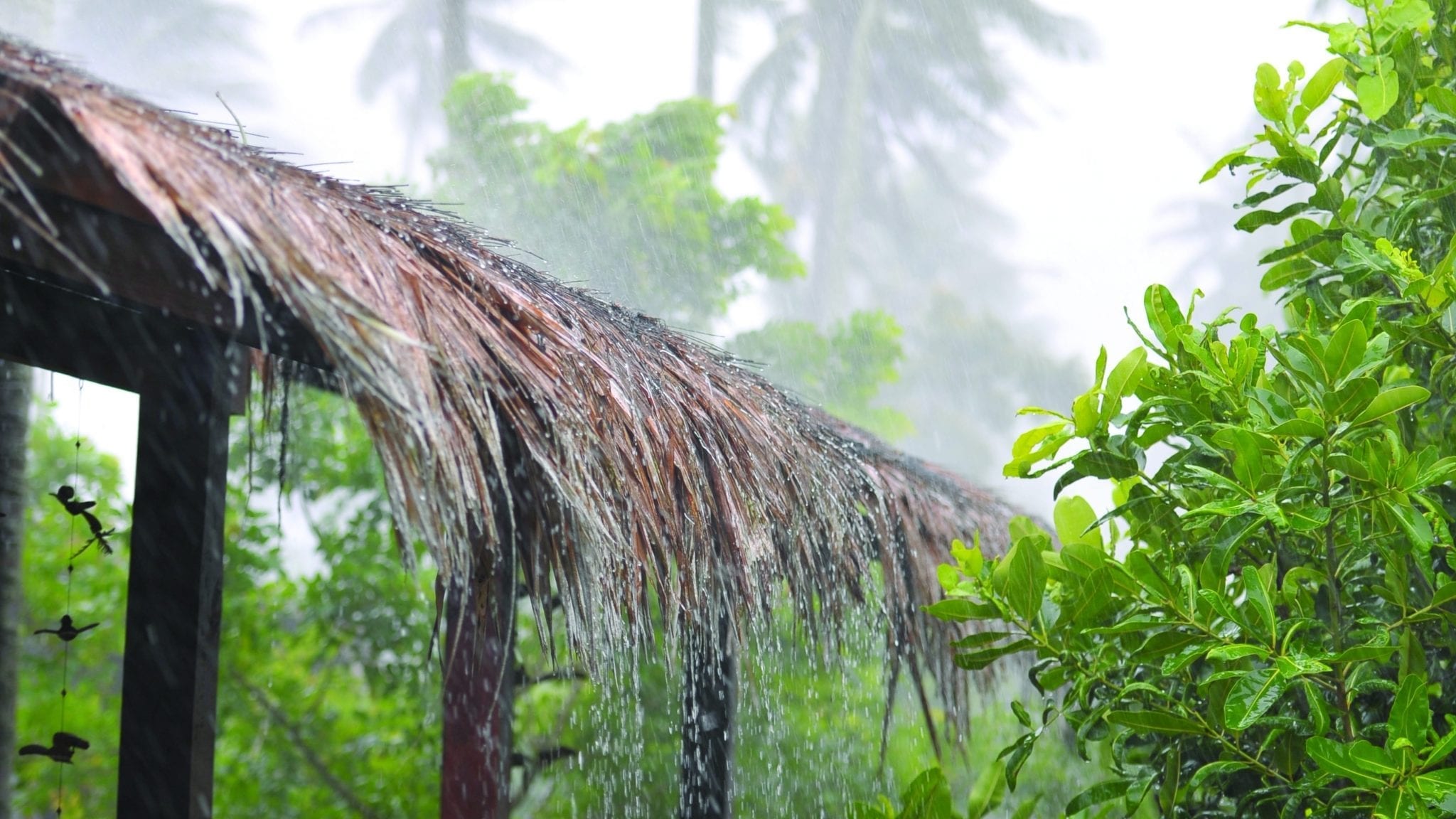Small, Strong and Resilient
Small Island Developing States (SIDS) are likely to be the first affected by climate change, but in their determination to strengthen resilience and embark on a sustainable economic future they are deploying renewable energy with support from the International Renewable Energy Agency (IRENA).
SIDS are on the frontlines of climate change. Despite having done little to cause it, the effects of a warming planet are already beginning to adversely affect livelihoods and security for millions who call islands around the world home. Yet islands are nothing if not resilient, and their collective commitments to renewable energy are proof of their desire to respond assertively.
Blessed with abundant renewable energy resources most, if not all islands, have an opportunity to meet their domestic energy needs through a combination of renewable energy technologies. With the costs of renewables technologies falling all the time, a unique opportunity exists for them to reduce expensive fuel imports and accelerate the transition to domestically sourced wind, solar and geo- thermal – lowering electricity costs, improving energy access, creating jobs, and boosting energy security.
IRENA launched the SIDS Lighthouses Initiative at the 2014 Climate Summit in New York, providing a global framework for the energy transition on islands. The Initiative facilitates SIDS resilience through coordinated support for islands to transform their predominantly fossil based power systems to renewable energy.
The transition efforts of the current 36 SIDS from the Caribbean, Pacific, and Atlantic, Indian Ocean, Mediterranean and the South China Sea regions that have joined the Initiative are supported through partnerships with governmental, intergovernmental, non-governmental, and private stakeholder organisations. Indeed they may be small, but these 36 islands are strong and demonstrating incredible resilience in the face of climate change.










